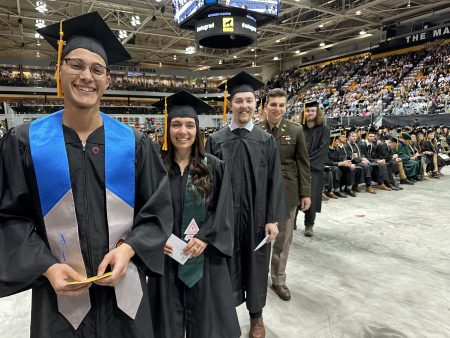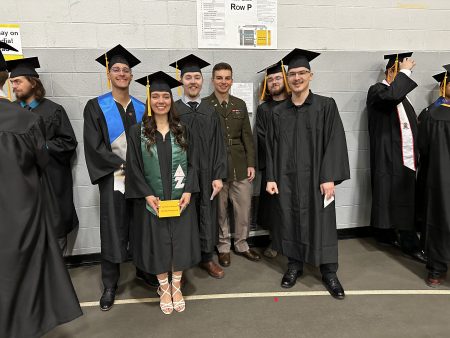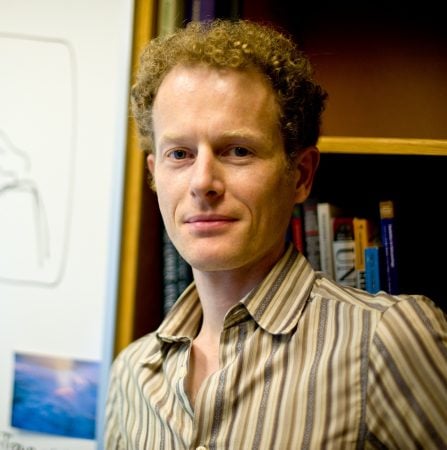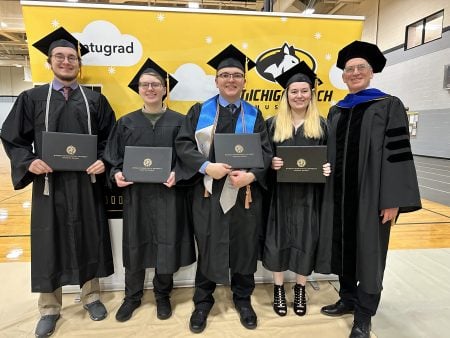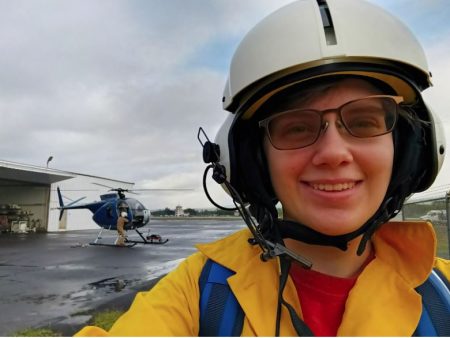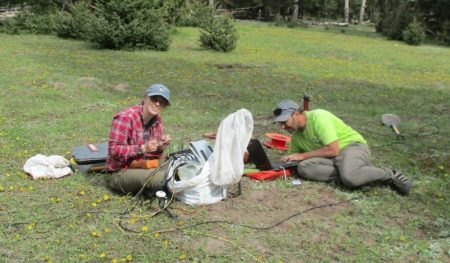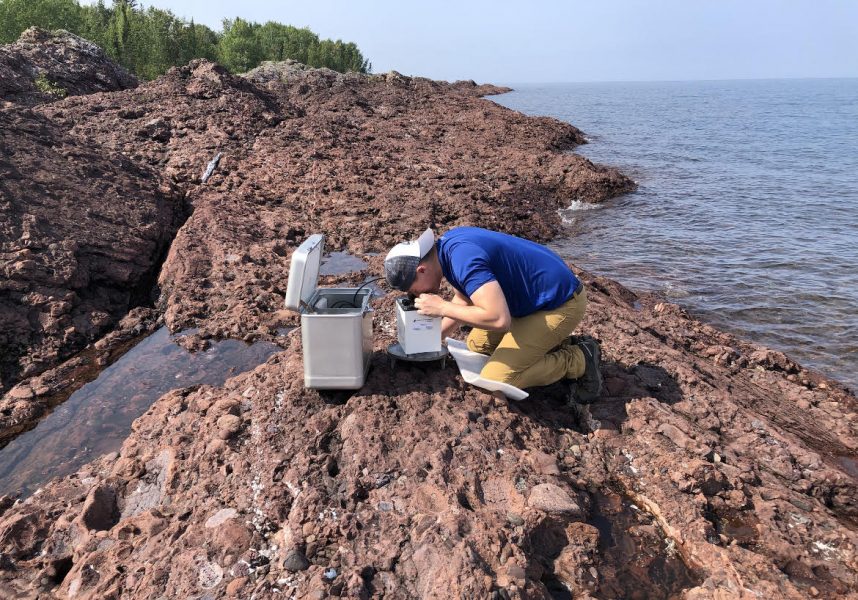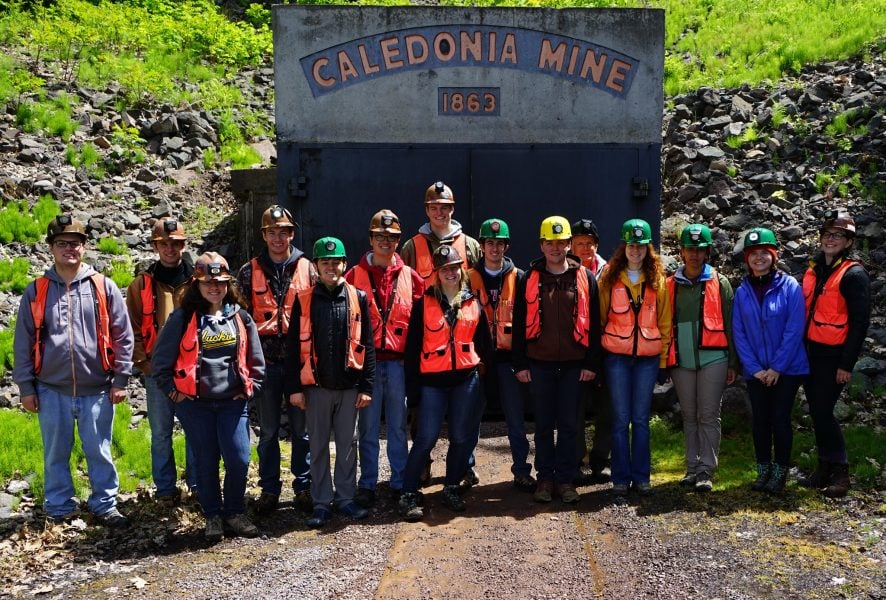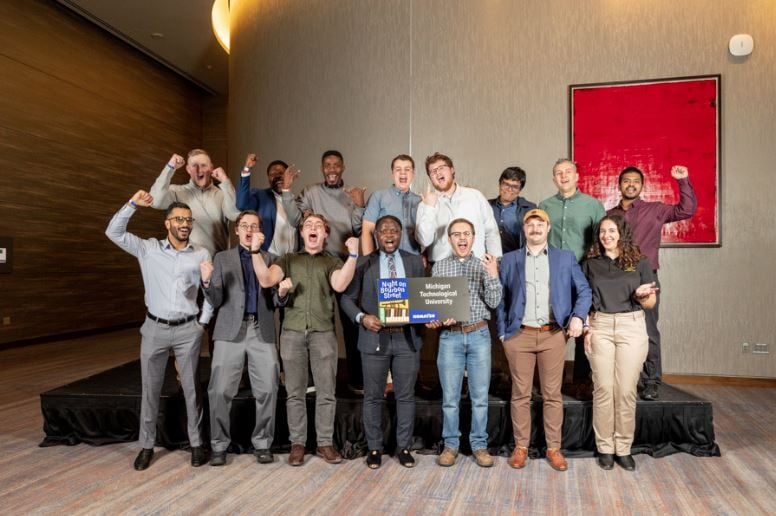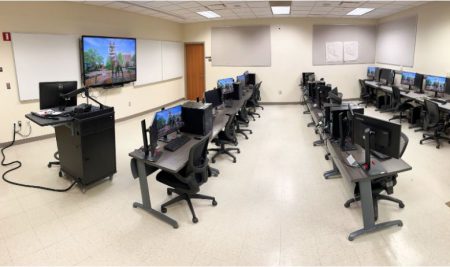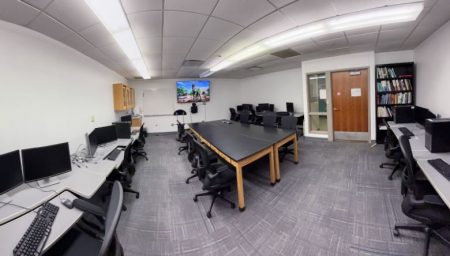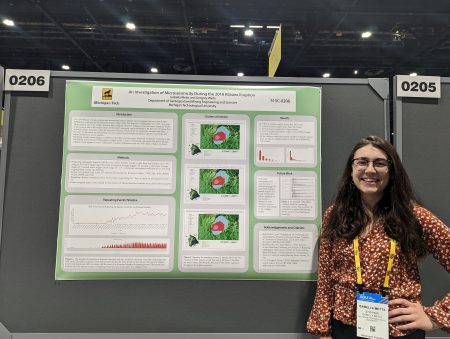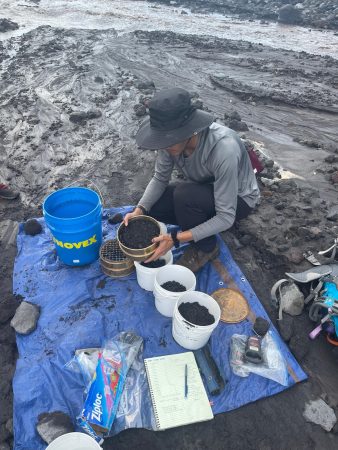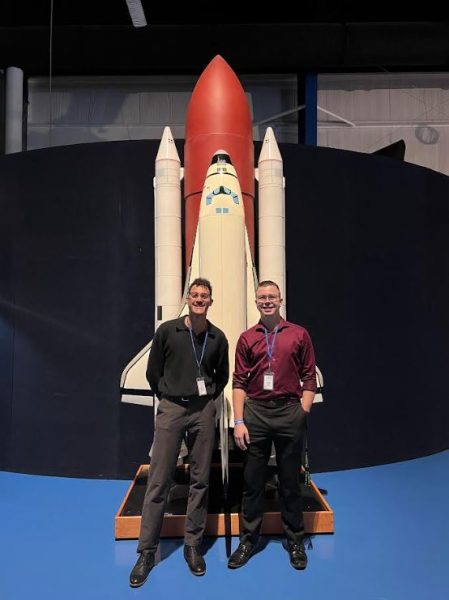Bravo, graduates! Here’s to your endless potential and the adventures awaiting in your future.
Degrees Awarded
Master of Science in Geological Engineering
Clayton H. Donajkowski
William T. Webster
Master of Science in Geology
Hayden M. Chaisson
Master of Science in Geophysics
Sunday Joseph
Aimee Zimmerman
Morgan Wilke
Master of Science in Mining Engineering
Emmanuel Wolubah
Alfred Yeboah
Enoch Nii-Okai
Bachelor of Science in Geological Engineering
Karina K. Constant
Braxton J. Murphy
Bachelor of Science in Applied Geophysics
Brendan Harville
Bachelor of Science in Mining Engineering
Ian G. Repic
Olivia K. Rouleau
Nathan J. Seidel
Maxx D. Tartamella
Award Recipients
AIPG National Student Scholarship – Natalie Sorensen
Outstanding GTA Award Spring ‘24 – Aimee Zimmerman
Outstanding GTA Award Fall ’23 – Dakota Locklear
Outstanding Scholarship Award Sp’24 – Morgan Wilke
Outstanding Scholarship Award Fall ‘23 – Ian Gannon
Department Scholar – Sam Jensen
Field Geophysics Spiroff Book Award – Clarissa Gordon
Field Geology Spiroff Book Award – Anton Smirnov
Summer Undergraduate Research Fellowship (SURF) – Sam Jensen
Estwig Rock Hammer Award – Max Stange
Certificate Graduates
Geoinformatics – Oluwatosin O. Ayo, Clayton H. Donajkowski, Sunday Joseph,
Ashish Mahaur, Eli A. Paulen, William T. Webster, Morgana M. Wilke, Emmanuel L. Wolubah
Natural Hazards & Disaster Risk Reduction – Hayden M. Chaisson, Ryan M. Cocke,
William T. Webster, Morgana M. Wilke
